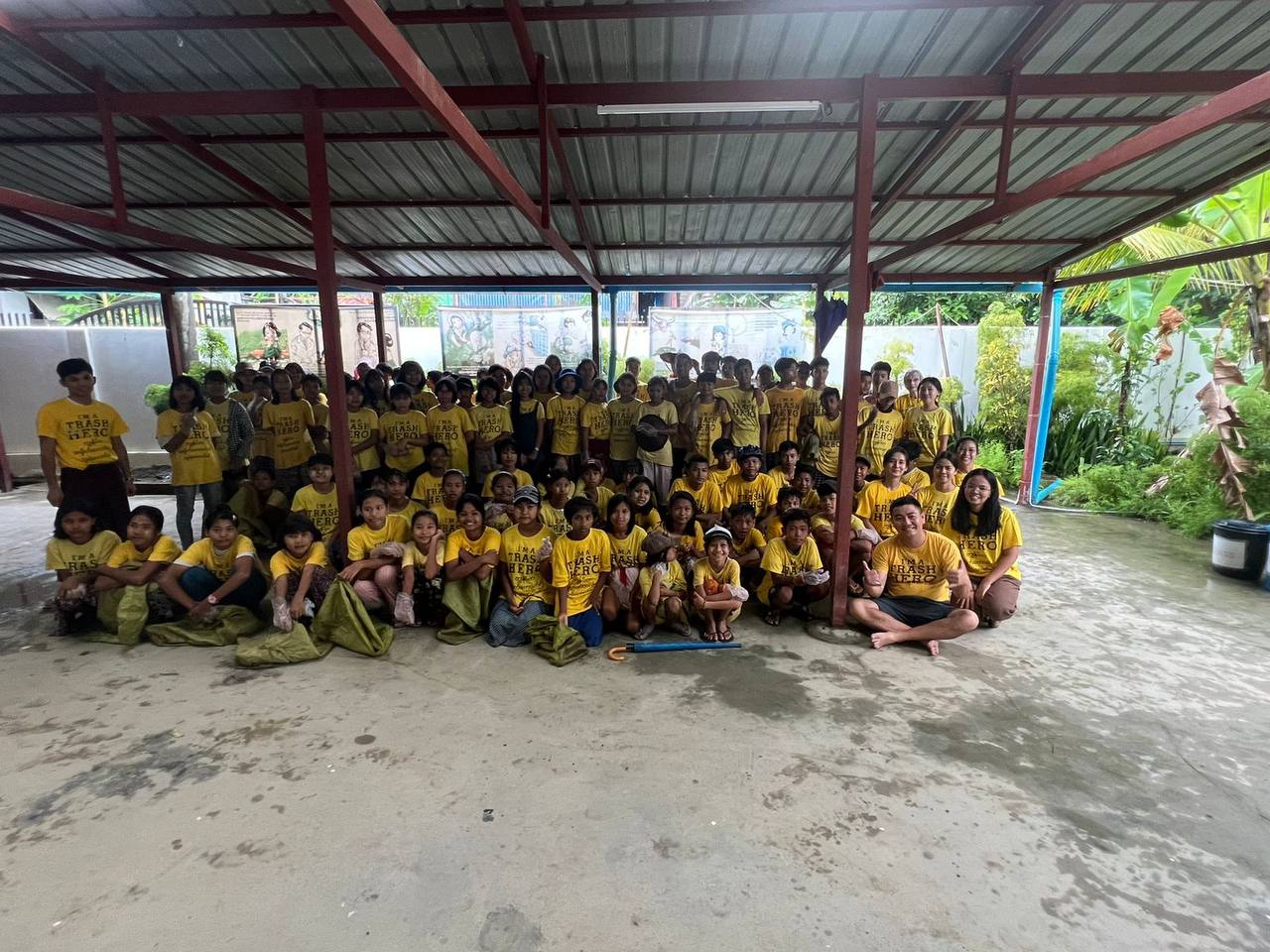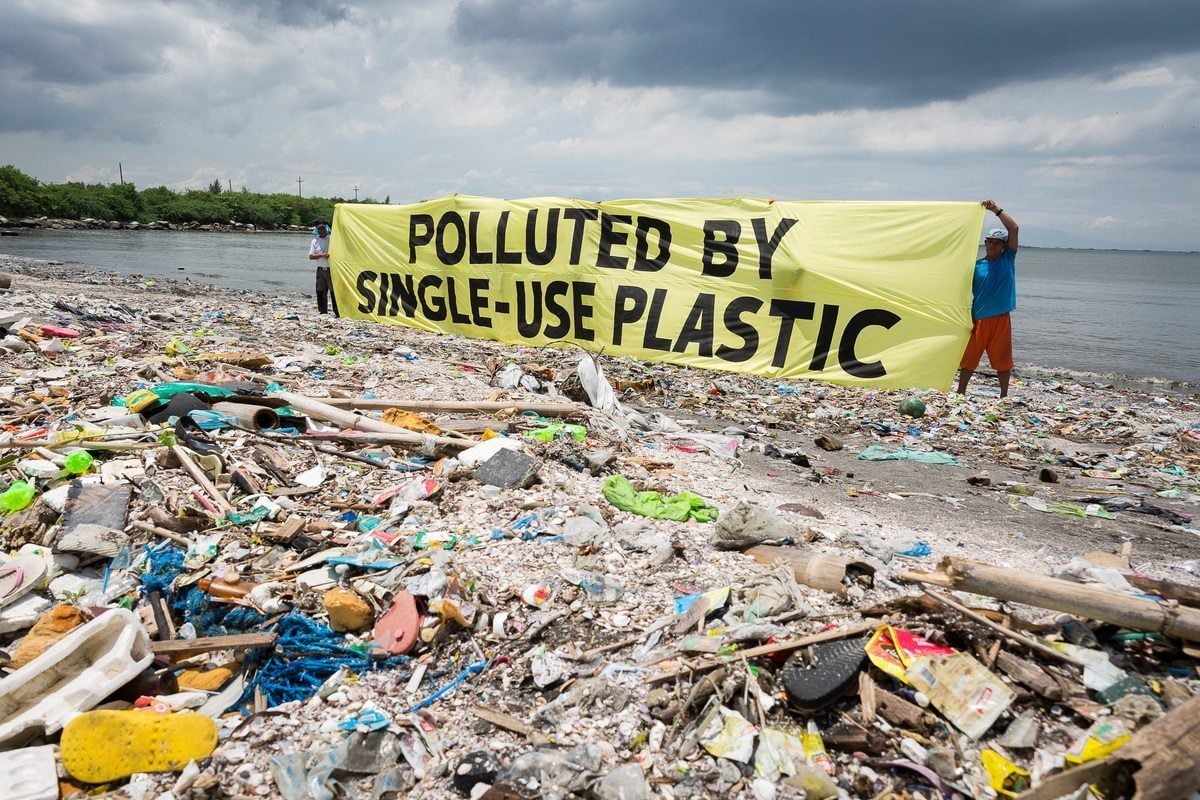Microplastics, those minuscule plastic particles with a diameter less than 5mm, have quietly become a global threat to our marine ecosystems. Despite their size, they wield a massive impact on our oceans, making their presence felt in numerous ways. Let's delve deeper into the world of microplastics and their implications for the environment.

Origins of Microplastics:
Microplastics enter our oceans through various routes. One primary source is the breakdown of larger plastic items, which fragment into smaller pieces over time due to exposure to sunlight and wave action. Industrial processes, including the release of microplastics from products like clothing and cosmetics, also contribute. In essence, microplastics are ubiquitous, and their reach extends far beyond what meets the eye.
Invisible Threats to Marine Life:
These tiny plastic fragments pose a range of threats to marine life. One of the most immediate and critical concerns is ingestion. Creatures ranging from zooplankton to massive marine mammals often mistake microplastics for food. When ingested, microplastics can cause physical harm, blockages in digestive systems, and even starvation, as they offer no nutritional value. The consequences of this consumption extend beyond the individual organisms, as microplastics are integrated into the marine food web.
Human Health Concerns:
The entry of microplastics into the marine food chain raises concerns about potential impacts on human health. As many coastal communities rely heavily on seafood, these pollutants can accumulate in the tissues of fish and other marine organisms. This bioaccumulation of toxic substances, such as pesticides and heavy metals, poses risks to human consumers, illustrating the far-reaching consequences of microplastic pollution.
Mitigating the Microplastic Menace:
Addressing the microplastic crisis requires a multi-faceted approach. To begin with, reducing plastic production and improving waste management practices are crucial steps. Stricter regulations on plastic usage can help limit the influx of microplastics into our oceans. Additionally, public awareness plays a significant role. By educating the public about the dangers of microplastics and promoting sustainable consumer choices, we can contribute to positive change.
Practical Microplastic Pollution Prevention:
One practical initiative aimed at reducing microplastic pollution is the SOMWR & Starboard Plastic Offset Program (POP)." This program not only involves beach cleanups but also emphasizes community engagement and education. It conducts sessions on plastic awareness, encouraging sustainable consumption habits, and teaches effective waste management practices. The program also educates individuals on converting food and garden waste into natural fertilizers, thereby reducing waste generation. Here are some of the key sessions we run:
Plastic Awareness:

Raising awareness about the impact of microplastics and promoting sustainable consumption habits can lead to reduced plastic usage and littering. This includes discussing how to sort and recycle waste and how to reduce plastic consumption by turning to reusables.
Waste Management:

Improving waste management practices can prevent larger plastic items from breaking down into microplastics. Proper disposal, recycling, and reduction of single-use plastics are key components of effective waste management. In addition to understanding how to dispose of plastic waste, POP team leaders also teach students to create natural fertilizers from food and garden waste.
Summary
In conclusion, microplastics are a hidden menace, silently infiltrating our oceans and wreaking havoc on marine life and potentially on human health. To combat this problem, we must take concerted action, including reducing plastic production, improving waste management, and educating the public about the consequences of our plastic consumption. Practical initiatives like the Starboard Plastic Offset Program demonstrate that with collective efforts, we can protect the health and diversity of our oceans for future generations.


